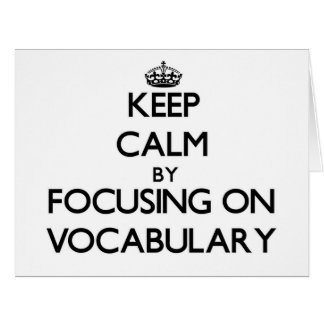
Hey everyone!
It's time for
another round of vocabulary learning strategies! This time I am going to tell
you how I intend to study for the second progress check in English. For this exam
we have to study about 700 words (!!!!!!), including definition, collocations
and the right pronunciation. Yes, you’ve read right.
First of all we (a
couple of other students and me) formed a group to make a glossary (which is a
lot more helpful). Then we split up the words, so everyone had to work on a
little more than 100 words. The columns of the glossary included the definition
of the word, the German translation (which, especially I, definitely need),
example sentences, word family (words which have the same roots) and
collocations.
There are a number of websites I used when working on the glossary, but the
main website was vocabulary.com. It just provides you with the simplest
definition and dozens of up-to-date example sentences of very reliable sources
such as the New York Times. The only information you do not get at
vocabulary.com is a German translation, which is, by the way, a negative aspect
of this website. Besides using vocabulary.com, I often work with the Oxford
Advanced Learner’s Dictionary. It also shows you good and easy understandable
example sentences.
For finding German translations I usually go with pons.com.
It’s a website which is uncomplicated to navigate through and gives you a great
German translation (not only for English). What’s more, sometimes you can even
look up some unfamiliar phrases.
As soon as we had finished the glossary (which
took us a looot of time, despite being 5 people working on that), I started to work
my way through this forest of words. Pretty soon I found out that this is going to
be a very very very challenging exam!!! Fingers crossed I will pass it!

 Another sound which I have to work on is the
Another sound which I have to work on is the